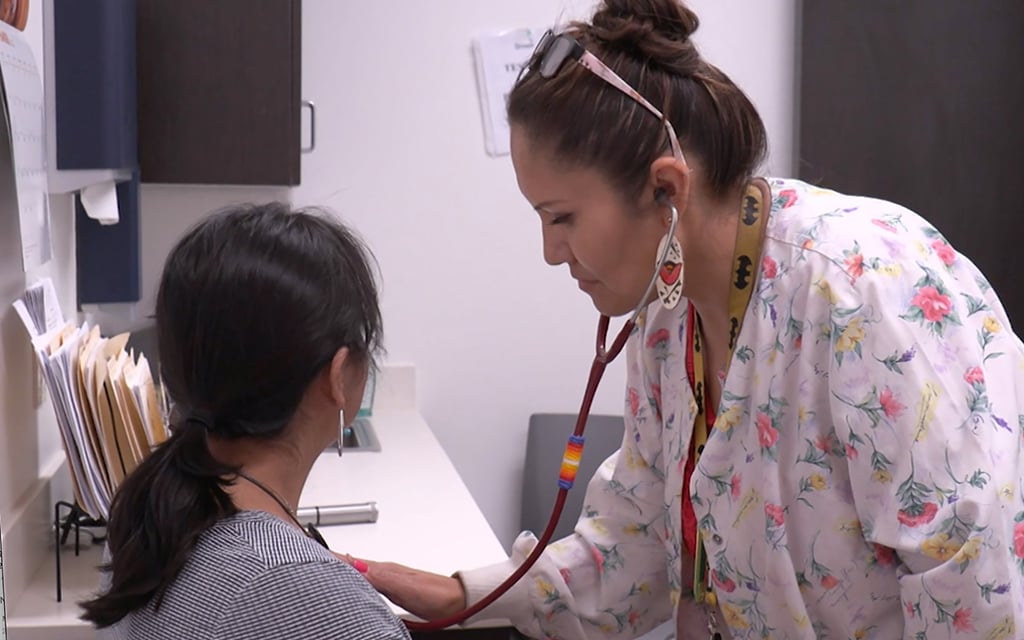In the United States, a pressing concern within the realm of healthcare revolves around the underinsurance of children with special health care needs. Despite strides in improving access to medical services, a significant number of families with children facing unique health challenges find themselves grappling with insufficient insurance coverage. This issue not only poses financial burdens on families but also raises questions about the adequacy of support systems in place for those with specialized medical needs. Exploring the landscape of underinsurance among this vulnerable demographic unveils the complexities within the healthcare system, prompting a closer examination of policies and initiatives aimed at ensuring comprehensive and equitable care for all children, irrespective of their health conditions.

Vulnerability of Middle-Income Families and Varied Underinsurance Rates
A recent cross-sectional study, conducted from 2016 to 2021, explored the prevalence of underinsurance among children with special health care needs (CSHCN) in the United States. The research aimed to understand the association between the medical complexity of children’s health care needs and the risk of underinsurance across different household income levels.
The study, based on data from the National Survey of Children’s Health, revealed that underinsurance was more common among CSHCN compared to healthy children. Notably, children with complex physical or mental health conditions, especially those with functional limitations, faced higher odds of being underinsured. The concentration of underinsurance was most pronounced among middle-income households, particularly those earning between 200% and 399% of the federal poverty level.
The research highlighted that the odds of underinsurance were not uniform across all categories of CSHCN. Children with complex health conditions, including both physical and mental aspects, experienced increased underinsurance risks. Furthermore, the study emphasized the unique challenge faced by middle-income families caring for CSHCN, indicating that the current health care financing system poses difficulties for those whose incomes surpass eligibility thresholds for dependent Medicaid insurance.
READ ALSO: Measles Exposure Warning Issued in Center City: Philadelphia Health Officials
Implications for Policy and Future Considerations
The findings underscore the need for a nuanced approach in addressing the diverse needs of CSHCN and the financial strain on families, especially those in the middle-income bracket. Policymakers and health authorities are urged to consider modifying public health insurance program designs and eligibility criteria to better accommodate the evolving landscape of health care and insurance costs.
Ongoing evaluation and adaptation of public health insurance programs are essential to ensure adequate coverage and accessibility for families caring for children with special health care needs.
READ ALSO: Breaking Barriers: Navigating Mental Health Care in the AANHPI Community



